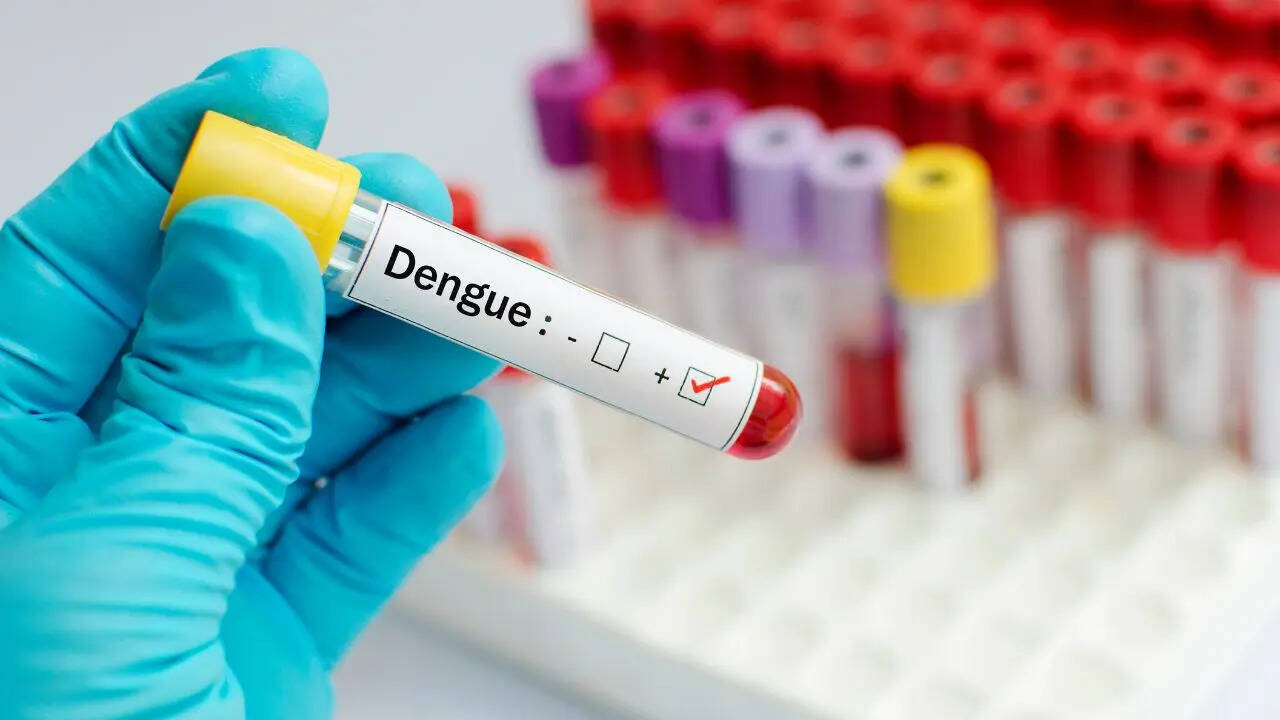Dengue And Painkillers: Here's Why Consuming Ibuprofen And Aspirin Should Be Avoided During Dengue

Credits: Canva
SummaryDengue can present in many ways, from a mild infection to a severe dangerous illness. This raises an important question, which painkillers are safe to use for symptom relief? Common medicines like aspirin and ibuprofen are often taken for fever or body aches, but are they really safe during dengue? Keep reading as we break down the expert advice.
End of Article
